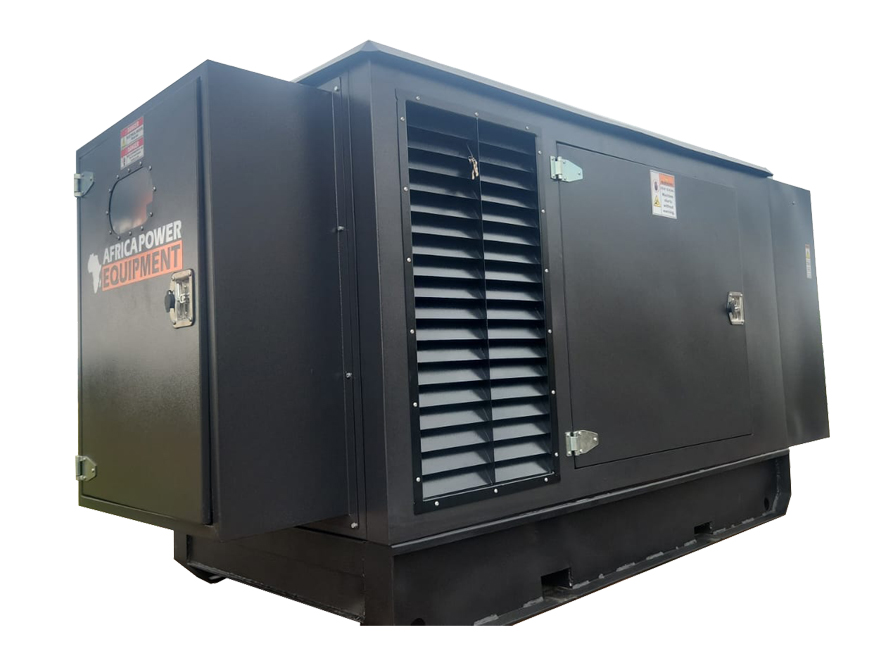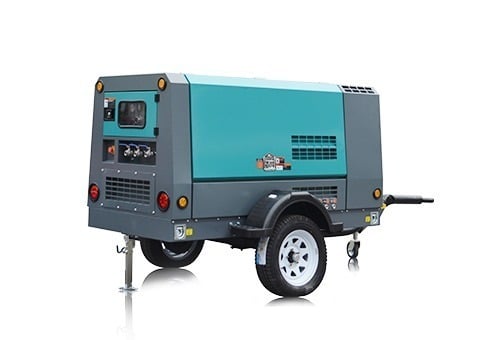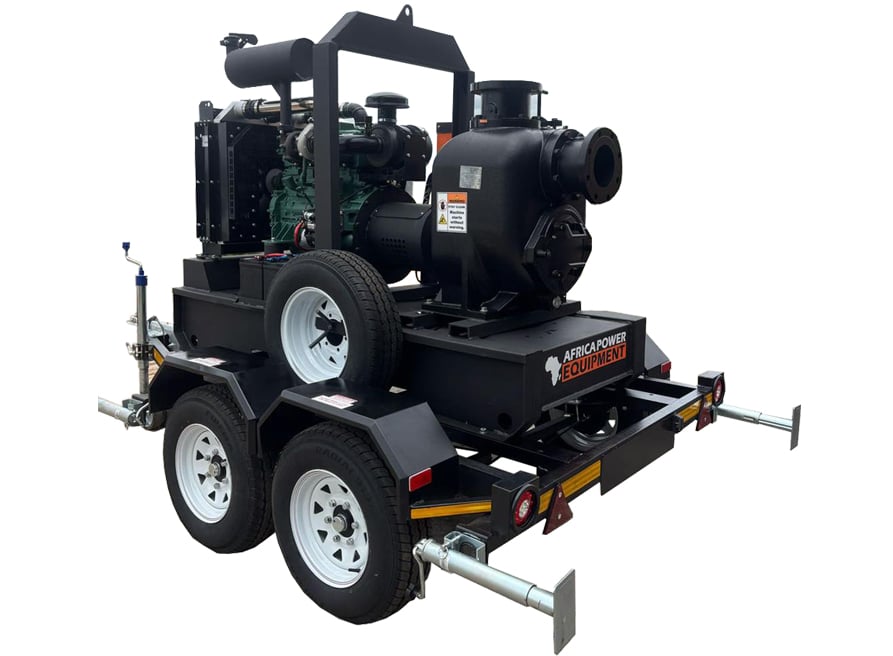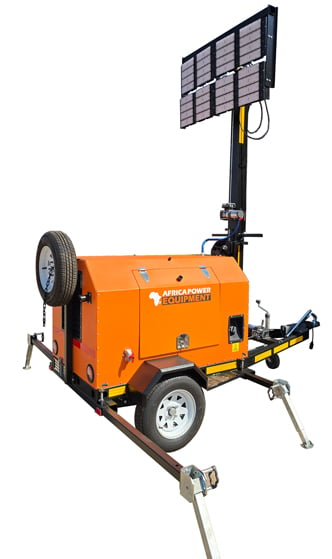Are Solar-Powered Lighting Towers Efficient for South African Projects?
As energy costs rise in South Africa, businesses are increasingly turning to solar-powered lighting towers as a clean, cost-effective solution. But how efficient are they compared to traditional diesel or hybrid towers?
In this article, we evaluate the efficiency, benefits, and limitations of solar lighting towers — especially in demanding environments like construction, mining, and remote fieldwork.
✅ Quick Answer
Yes, solar-powered lighting towers are efficient for South African conditions. With abundant sunlight, they can operate autonomously with minimal running costs, offering fuel savings up to 100%, low maintenance, and zero emissions. However, performance may be limited during extended cloudy weather or high-load applications.
☀️ 1. How Do Solar Lighting Towers Work?
A solar lighting tower typically includes:
-
Photovoltaic (PV) solar panels
-
Rechargeable battery bank (usually lithium or deep-cycle gel)
-
LED floodlights (low energy consumption)
-
Charge controller & inverter system
The solar panels charge the batteries during the day, which then power the lights at night.
🌍 2. Efficiency in South Africa’s Climate
South Africa enjoys more than 2,500 hours of sunshine annually, making it ideal for solar-based systems.
| Location | Avg. Sunshine Hours/Day |
|---|---|
| Johannesburg | 8.5 hours |
| Cape Town | 7.5 hours |
| Durban | 8 hours |
| Bloemfontein | 9 hours |
Key takeaway: With proper battery sizing, most solar towers can run 10–14 hours overnight without needing grid or diesel backup.
💡 3. LED Lighting = Higher Efficiency
Solar towers use high-lumen LED lights, which:
-
Use 80% less energy than halide or halogen
-
Generate less heat (improves lifespan)
-
Require less power = longer runtime on smaller battery banks
💡 Example: A 400W LED array can run all night from a single 24V/200Ah battery bank, depending on configuration.
🔋 4. Battery Efficiency and Runtime
Battery size and type determine how long lights stay on after sunset:
-
Lithium batteries: High efficiency, long life (up to 10 years)
-
Gel/AGM batteries: More affordable, ~3–5 year lifespan
✅ Most models provide 10–16 hours runtime on a full charge, perfect for night operations.
⚙️ 5. Maintenance & Operating Costs
Solar towers offer major cost benefits:
| Feature | Solar Tower | Diesel Tower |
|---|---|---|
| Fuel Cost | R0 | R200–R800/day |
| Maintenance | Minimal | Engine servicing |
| Emissions | Zero | High |
| Noise Level | Silent | Loud |
No oil changes, no fuel filters, no engine failures — just clean, consistent light.
🔄 6. Are Hybrid Systems More Efficient?
Many businesses opt for hybrid solar-diesel lighting towers, which:
-
Run on solar when possible
-
Automatically switch to diesel if needed
-
Extend runtime during cloudy weeks
-
Still reduce diesel usage by 50–80%
💡 Best of both worlds, especially for long-duration projects or regions with seasonal rain.
📊 7. When Are Solar Lighting Towers Not Efficient?
Solar towers may struggle when:
-
Panel area is too small for power needs
-
High-lumen output is required for large sites
-
Weather is consistently overcast
-
Night shifts exceed 14+ hours (e.g., in winter)
For those use cases, consider hybrid models or backup generators.
🔗 Internal Linking Opportunities
🧠 Final Thoughts
Solar-powered lighting towers are highly efficient, especially in sun-rich regions like South Africa. For operations prioritising cost savings, sustainability, and silent operation, solar towers are a game-changer.
For long-term use, they offer a quick return on investment through:
-
Reduced fuel costs
-
Low maintenance
-
Clean energy use
Explore our range of solar and hybrid lighting towers at www.PowerEquipment.co.za and talk to our team for expert advice on the best option for your site.





